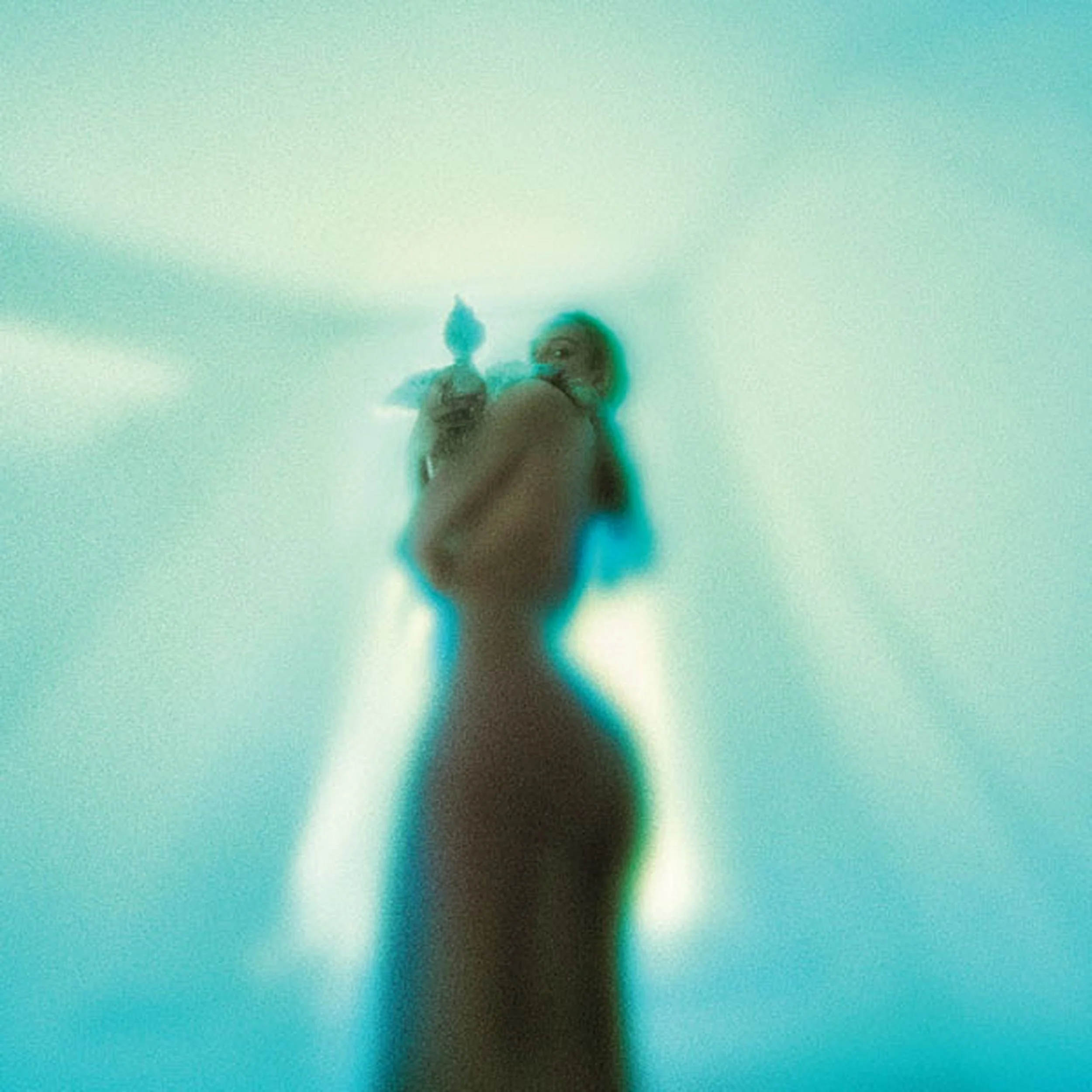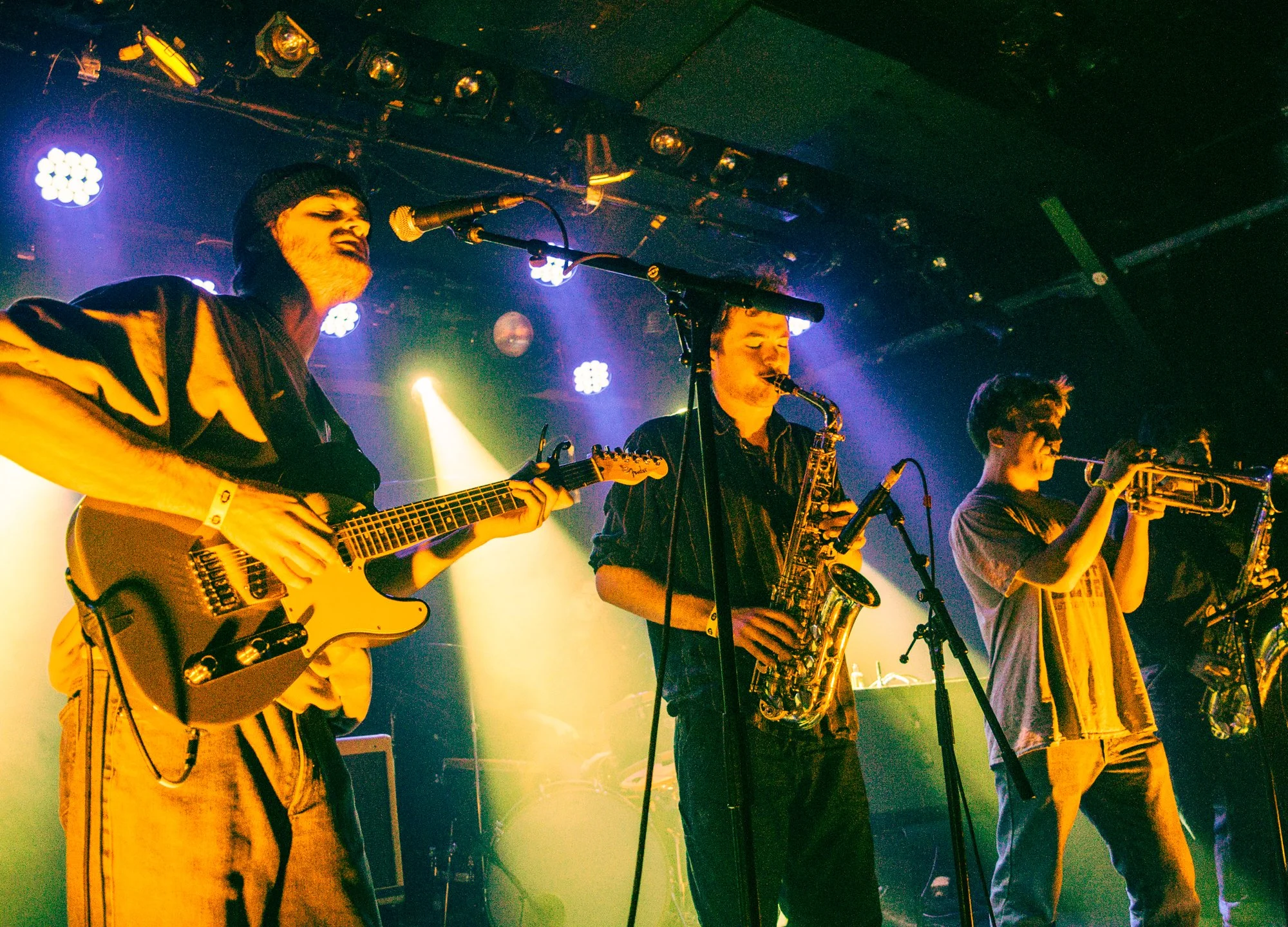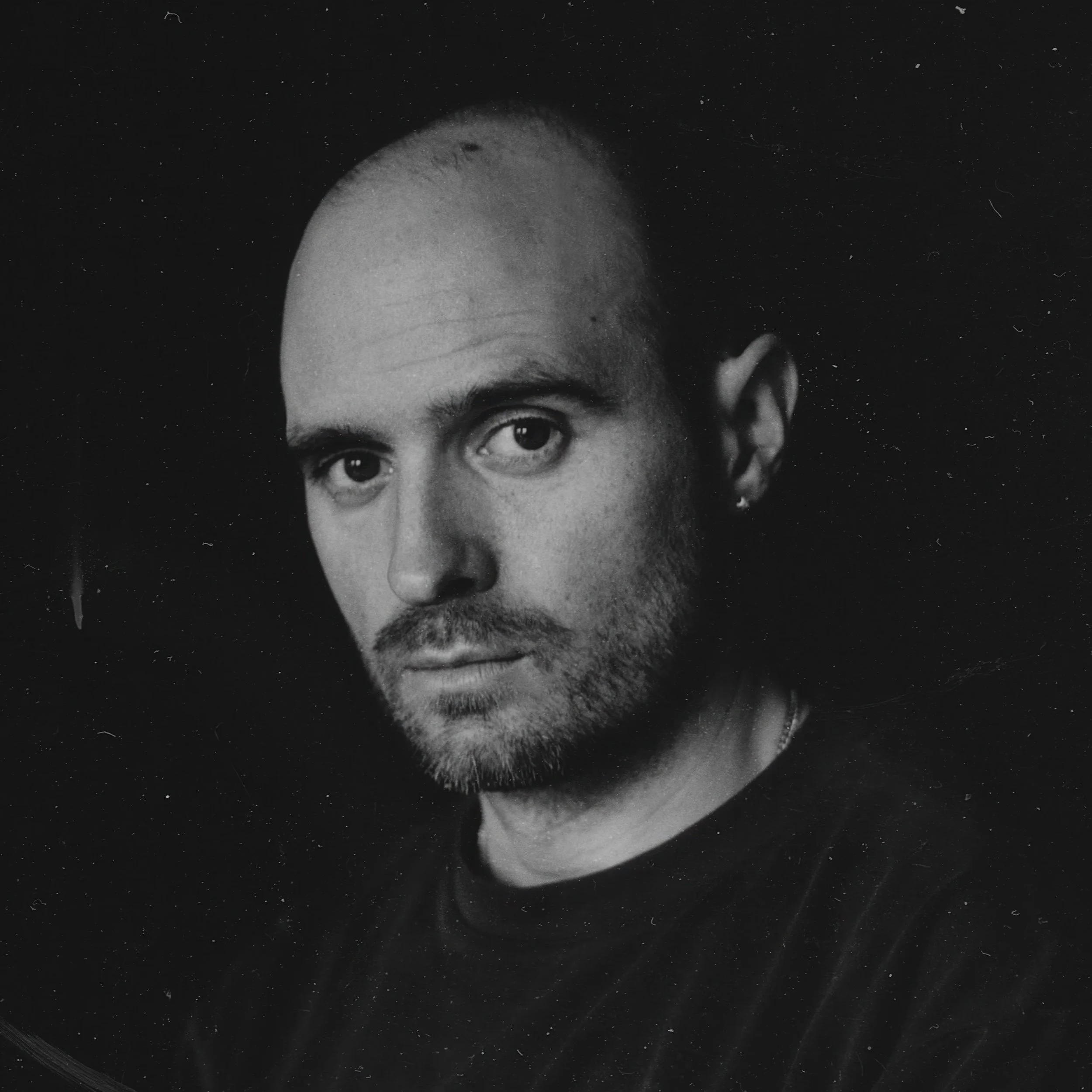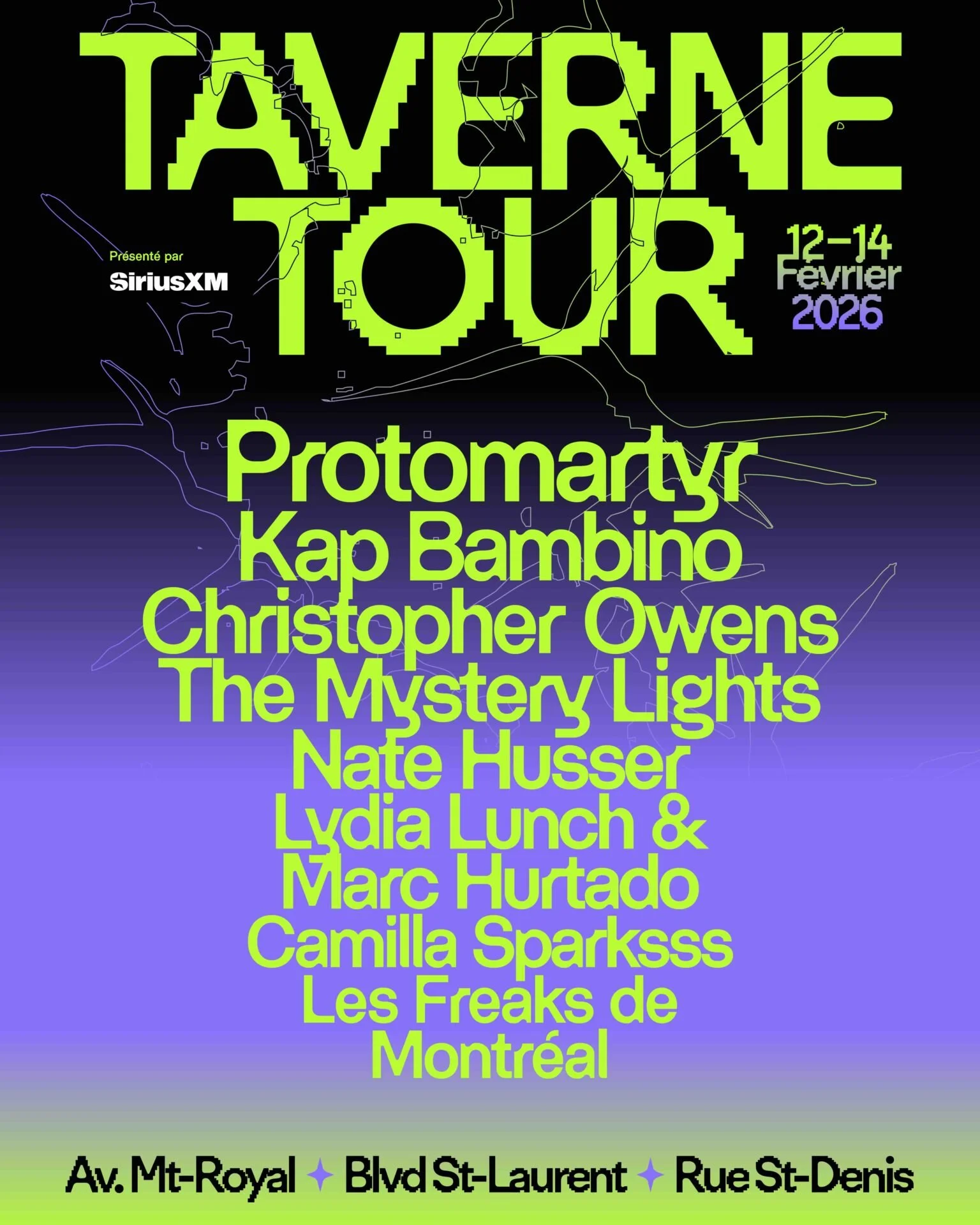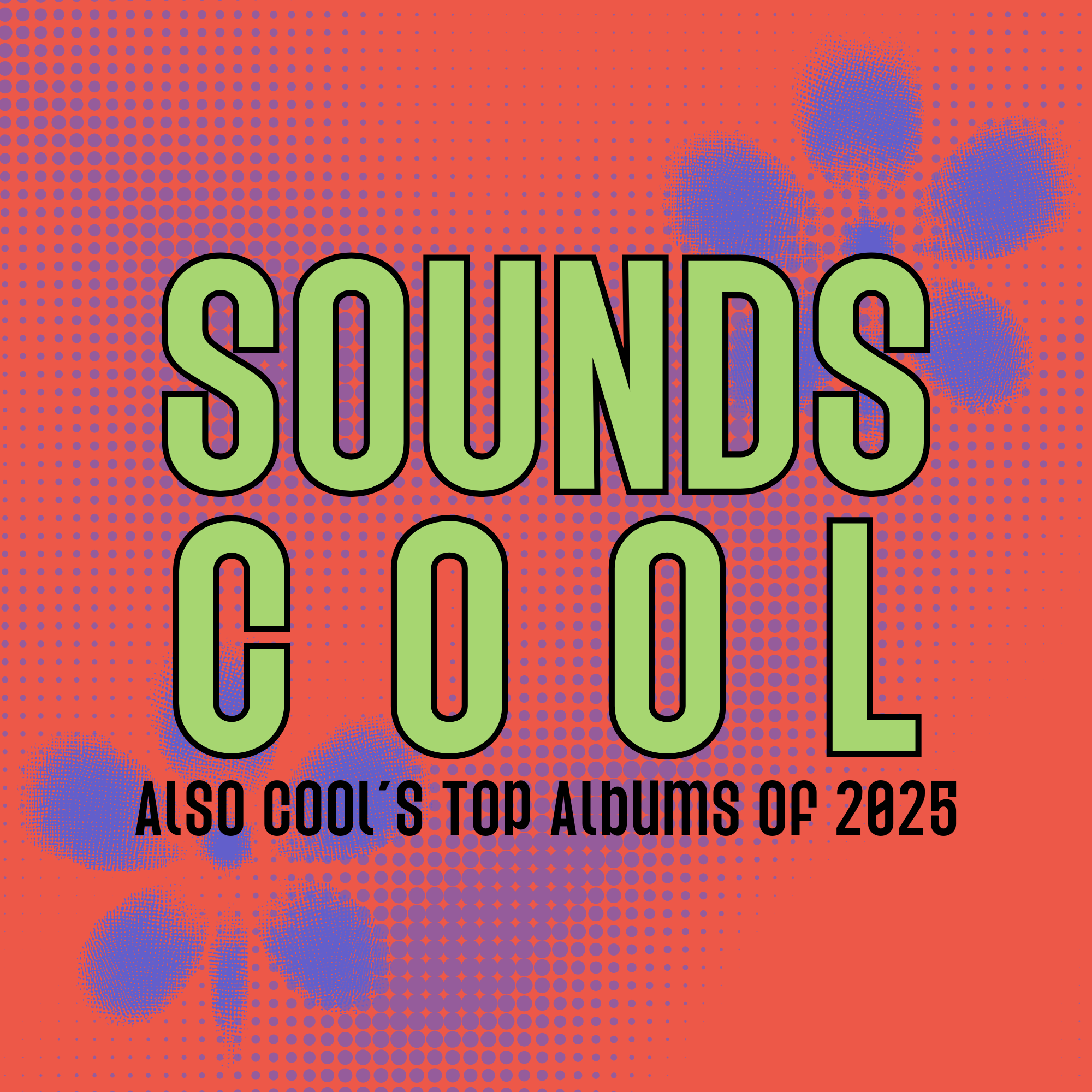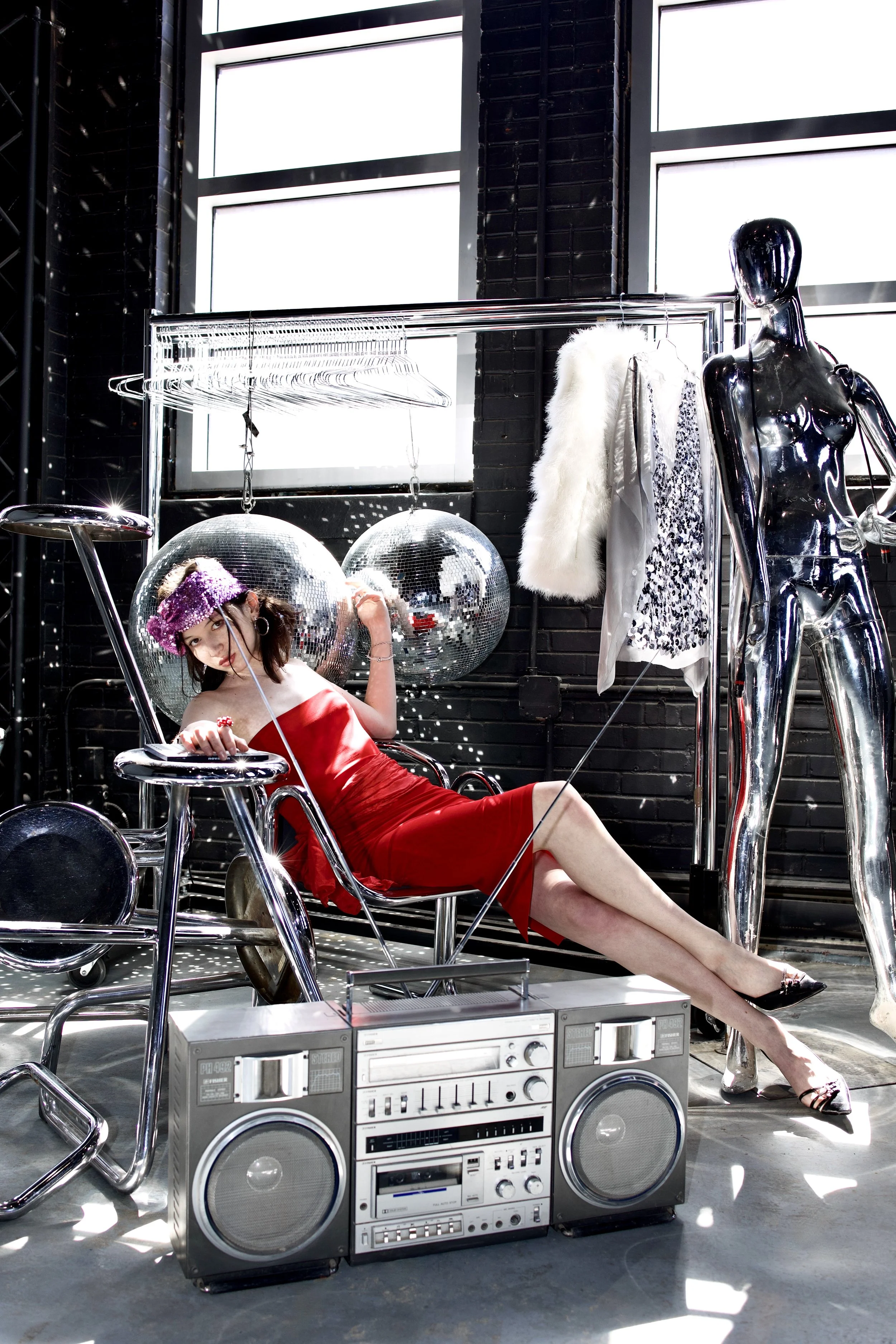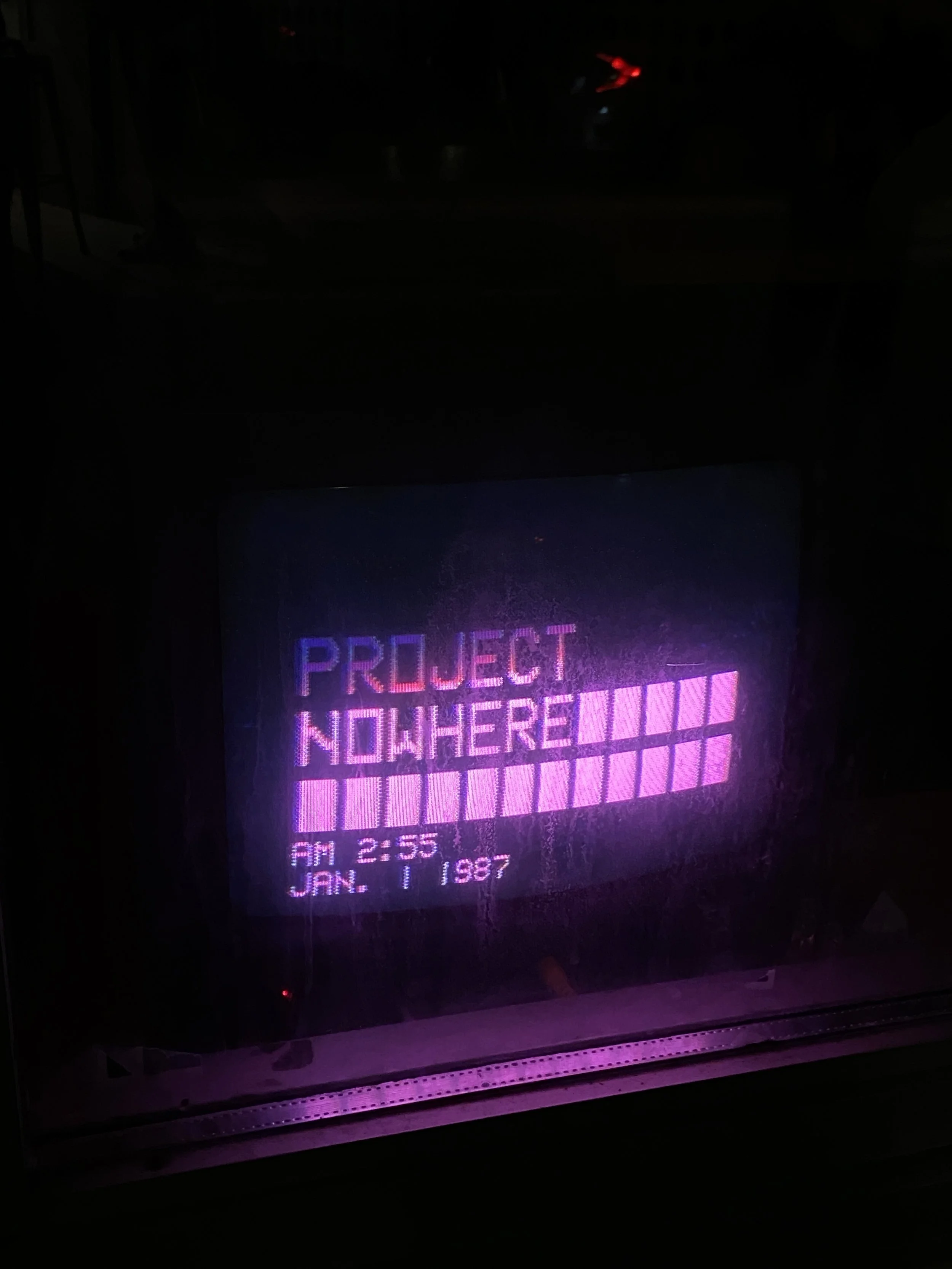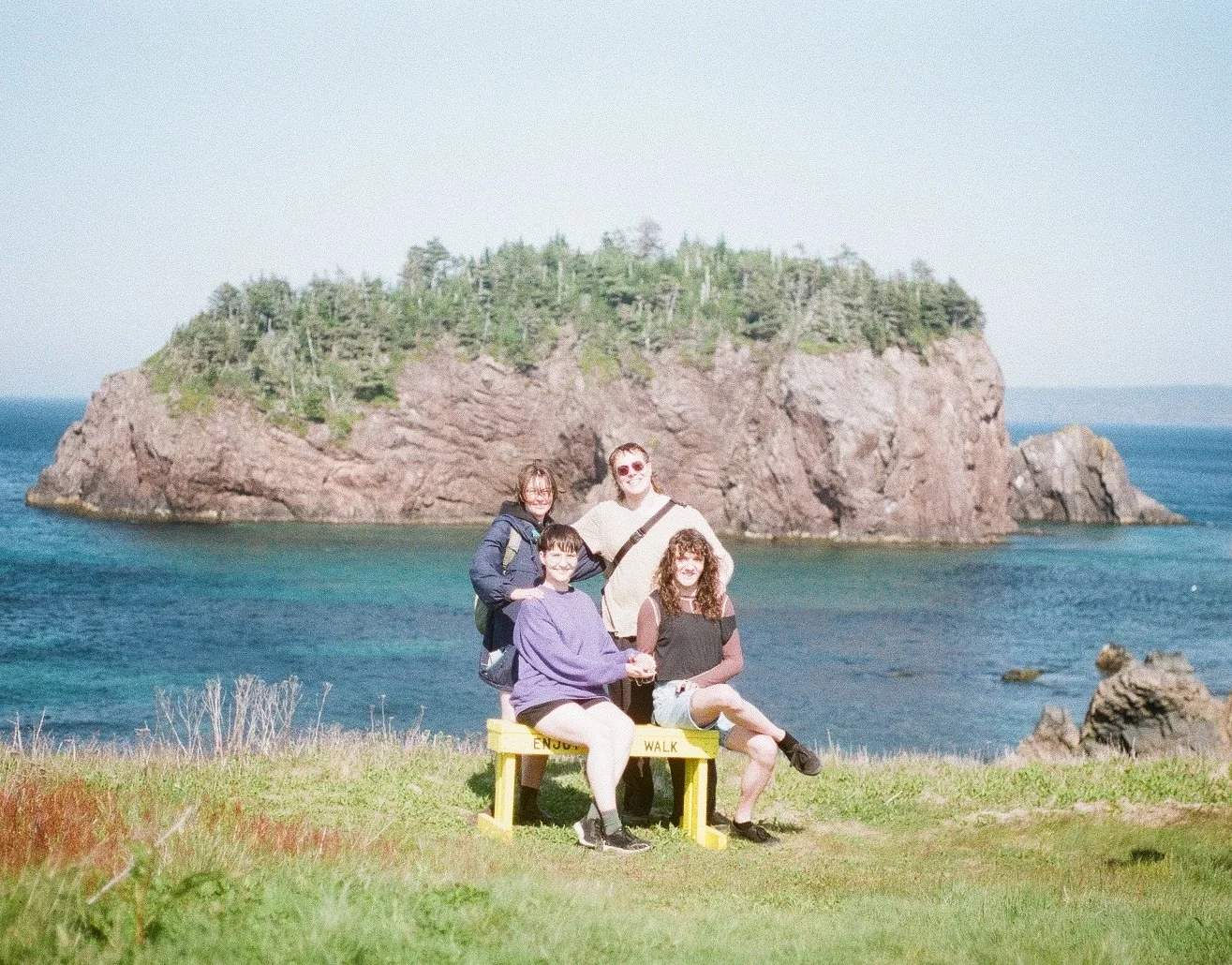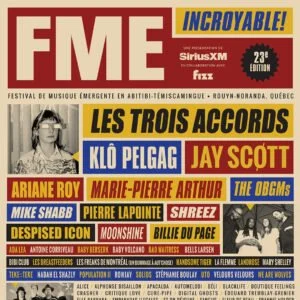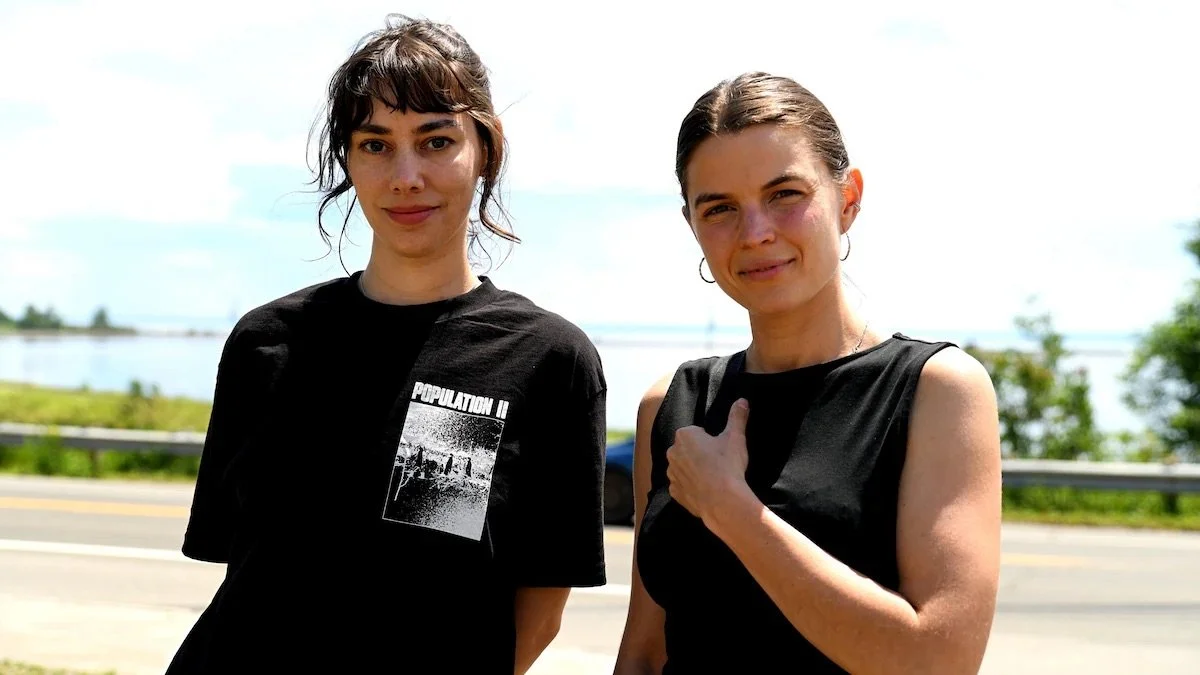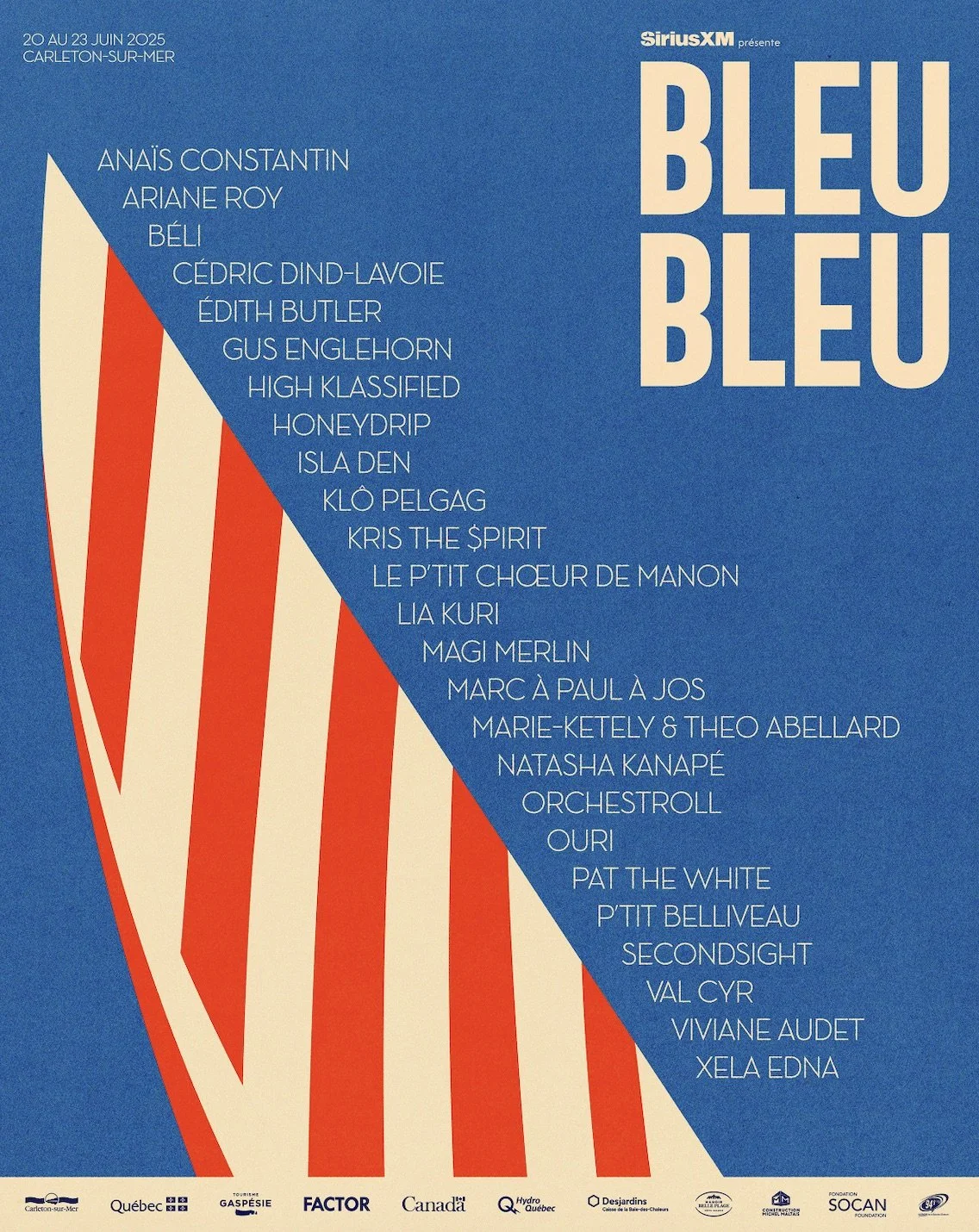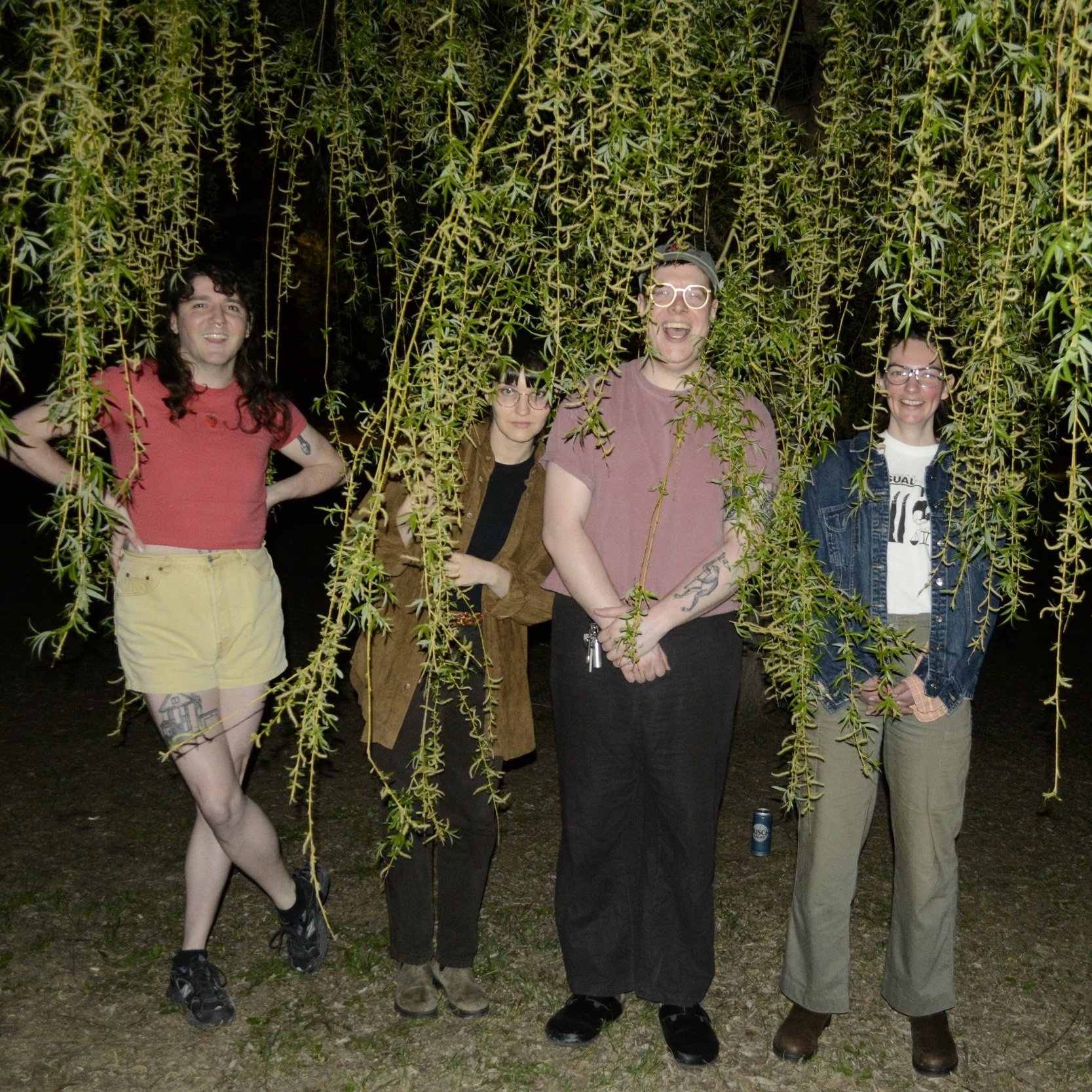Ouri's "Frame of a Fauna" Offers a Treatise on Bodies in (Com)motion (Born Twice / Lighter Than Air)
Ouri. Photo courtesy of Kane Ocean
Sharp utensils carve through metaphysical auras. Jagged ribs pierce muted whispers. After much anticipation, the inimitable Ouri is ready to guide you through her life cycle. The multi-instrumentalist, DJ and producer has released debut LP Frame of a Fauna – out now via Born Twice and Lighter Than Air.
A revered fixture of Montreal’s underground rave scene, Ouri has long captivated with her nuanced approach to orchestral experimentation. Frame of a Fauna stands as the artist’s second release of the year; Hildegard, the transcendent duo comprised of herself and Helena Deland, dropped their self-titled debut in June (which AC had the pleasure of diving into).
Marking the latest notch in Ouri’s belt, Frame of a Fauna carefully wields experimental and classical curiosities to seek deeper truths between the bars. The artist reinforces her aptitude for the sonically-transformative as she dissects the exchanges between intangible forces and corporeal forms. The album is guided by life itself, etched with Ouri’s personal losses and awakenings. Birth, death and rebirth are arranged on a seafoam platter, their bones exposed for all to pick.
Album highlights include the hauntingly beautiful “Ossature”; "Intact Alef" by PTU furnishes Ouri’s auditory playground, enhanced by breathy vocals and disfigured percussion. “Grip” offers tender reflections over a lethargic beat, coupled with a stirring video of Ouri undergoing brain surgery mid-performance. Her ambitious vision is not lost in this straddling of soundscapes, acting instead as a compass for each ethereal composition and grounding them in an inescapable reality.
Days before the release of Frame of a Fauna, we had the pleasure of speaking with Ouri about her creative pursuits, body oddity, and the merits to minimalism.
Ouri. Photo courtesy of Kane Ocean
Rebecca Judd for Also Cool Mag: I'm really interested in the kind of [creative] work you do and the trajectory that you've marked. You fuse the classical with the experimental, carving new folds into the parameters of electronic music. How did you lean into this thirst for transformation? How did you realize that that trajectory could be possible?
Ouri: I feel like I started in classical music, and then stopped and jumped into electronic music and the more experimental approach to [that genre]. At some point, I wanted to reconcile everything; I always saw [the situation] like [picking] one or the other, either an advantage or disadvantage, and I just wanted to bring everything in.
It was super exciting to create a new fusion in general. I feel like there's a lot of schools, a lot of ways to do things, and I wanted to prove to myself that it was possible to do something else.
Also Cool: You’ve been involved with many different projects, including the critically-acclaimed duo of Hildegard (who we previously chatted with at Also Cool); your career is inspiring with this relentless pursuit of skill and expression. How do your different creative projects meld into each other – do you conceive of them as separate chapters, or do they all play into your greater story?
Ouri: I think they're all part of my story, and they're not like the end of a chapter. I don’t think, because I was DJing a lot and now I’m DJing less, that that makes me want to DJ less [in general]. I want to keep doing everything that I do, and it’s like all [these skills] inform everything – the way I do music, the way I think about music, the way I discover new things in compositions. [They] change the way I DJ, the way I dig and research and find new music to mix together, my compositional techniques and singing.
I feel like having a diversity of projects, it was a little bit draining at first, but now I feel like I’m confident enough that I can bounce off each one in a very dynamic way.
AC: That’s a wonderful way to look at it – the synergy you feel, it sounds like that really helps you identify yourself and your passions, and express all those different sides to you.
AC: Speaking to [debut album] Frame of a Fauna, I’m fascinated by its artistic philosophies. You explain it as an album which explores “how emotional hardship can imprint, and in turn deform the skeleton”. The sensations you describe are viscerally-stimulating, etched in textures and suspensions all around – how did this direction for your debut album come about?
O: [This theme], it was just one of my current obsessions that was troubling me. I was touring for the first time in 2019, and I was seeing a bunch of different people with different stories. There were first impressions, and then learning about their life experiences and comparing how those changed for them.
This made me realize that I was obsessed with human beings, with [the body as] our vessel. It’s a great machine, but it’s also a very dysfunctional machine and absurd sometimes. I wanted to express that in my music.
I don’t know if it’s as present in the [lyrics of Frame of a Fauna], I feel like those are more of an expression of the moment that came naturally. But the music, it was really important to me to have that feeling of a natural, but deformed, but natural [state of being]. We all feel deformed, even when we’re less than someone else. I wanted to translate that into the music.
AC: Something I read is that, coupled with these vivid sensations and experiences of rebirth are snippets of your own life, sewn into the seams of each passing genre and sound. What has the journey of this project taught you about yourself and your artistry? How does music help you to process your own experiences?
O: This project started when my sister had her son – I’m so close to her, and we’re almost the same age, and we have parallel lives. I wanted to be [with her], I wanted to be close enough that I could visit her often, so I decided to settle in London for a month. [When I was there], I was researching a lot, and I decided not to go to any social activities. I would go to record shops to listen to music and discover the city, and just observe without existing or interacting. I received a lot of inspiration.
Then I went to Berlin for a month, where I was recording more. I was meeting a [few] more people, but I was still a bit distant. By that time, I had a bunch of recordings, and I was really like – I don’t know. I feel like, in the female experience, there’s so much shame, and I wanted to really transcend that and see what I was ashamed of and do it, the best I could. And so that’s what I did [with my music]. I wanted to break down all the mental constructions that were in my way. Now, I feel more confident. I’m accepting what I’m doing.
In the past, sometimes I feel like I was [preoccupied with the idea that], you know, you don’t know what type of success you want and you don’t know how far you want to go – instead of just being in the present moment. I have no idea where this whole adventure is going to lead me, but I know what I want to experience now. I know exactly which experiences are helping me become more focused and more precise and happier.
Ouri. Photos courtesy of Kane Ocean
AC: Tomorrow isn’t promised, so in that regard you must put yourself out there the way you want to at that moment and deal with the rest later. [Creating is] all about that natural state of being and what feels right.
O: And, also, to practice – to just isolate yourself to practice your skills, and then come back and refine your vision, not [losing] yourself in what you think people will understand or expect from you.
AC: Is [isolation] an approach that you think you’d take to your future creative work, or was that just an exercise for the time being?
O: It was an exercise that I pushed to the extreme, but I definitely think that isolation helps the creative process a lot. It can be two months, a week, a few days, a year. I don’t know what I will need in the future, but I will need some isolation for sure.
AC: Describe the environment you want to curate with your Frame of a Fauna shows, physically speaking or otherwise. What do you try to convey in your performances, and what do you want conveyed back to you?
O: I really want to convey the energy that I feel inside of me. I want to show a softness while balancing the intensity that I feel inside of myself. I really want to do something musical, but I don’t really want to do a visual show – right now, that is not what I’m trying to do.
I want to feel a strong dynamic between me, the musicians on stage, and the crowd. I want to feel that exchange of energy. [My shows] will not be unidirectional. I want to stop time, accelerate it, and play with all the parameters.
AC: That [description] kind of relates to the overall themes of the album as well. [Frame of a Fauna] is about all of these vivid human sensations that you can’t describe, this “more than words” type of energy. So the idea is, then, that it’s going to be very minimalistic and people are going to be transformed by the musicality?
O: That is really what I want! I feel like there is so much going on visually [in the world]. Since COVID, I’ve spent so much time on my phone––seeing things, trying to grab information from visuals––but sometimes I feel like I receive too much information visually, and it goes too fast and doesn’t make sense anymore.
Music can really help change that, jumping between completely new perspectives and new worlds of sensation. I want to take advantage of that. This is what I do, I’m a musician, so I’m focusing on the music.
AC: We are looking forward to whatever you’re up to next. Is it too early to ask about next steps? How are you hoping to transform in the months to come?
O: Absolutely. I’m going to do a couple of shows after this one [in Montreal on October 27], and I’ll also be launching my own imprint with this album––it’s called Born Twice––so I’m already working on the next project that I’m going to release. I’ll be continuing to forge the sound of that.
I’m really curious to observe people’s reactions to my album. In the past, I feel like I was running away from reactions because I was afraid they would be negative, but now I just want to see how people react to this because it’s going to give me a tip on what to pursue next.
I want to have solid pillars for my different approaches, musically, to Born Twice. I’m already [working on a pillar]; maybe the reaction to Frame of a Fauna is going to be another pillar, and a new collaboration is going to be another one. We’ll see!
FRAME OF A FAUNA
Released on October 22nd, 2021 via Born Twice and Lighter than Air
1. Ossature
2. The More I Feel
3. Two
4. Odd or God (ft. Mind Bath)
5. High & Choking Pt 1
6. Fear of Being Watched
7. Fonction Naturelle
8. Wrong Breed
9. Chains
10. En Mon Doux Sein
11. Shape of It
12. Too Fast No Pain (ft. mobilegirl)
13. Felicity (ft. Antony Carle)
14. Grip
All songs written by Ouri (except 'Odd or God' also written by Mind Bath and 'Felicity' also written by Antony Carle)
Produced by Ouri
Engineered by Ouri
Mixed by Ouri, additional mixing by Francis Latreille
Mastered by Enyang Urbiks
Synth programming by Pulsum and Justin Leduc-Frénette
Samples from Kelly Moran, Tati au Miel, Zach Frampton, PTU (Song: “Intact Alef”, courtesy of Trip Recordings), Aphex Twin (Song: “minipops 67”, courtesy of Warp Records)
Artwork: Photo by Derek Branscombe, layout by Jesse Katabarwa
Ouri
Instagram | Facebook | Bandcamp | YouTube
Soundcloud | Spotify | Apple Music
Rebecca Judd is the features editor of Also Cool Mag.




